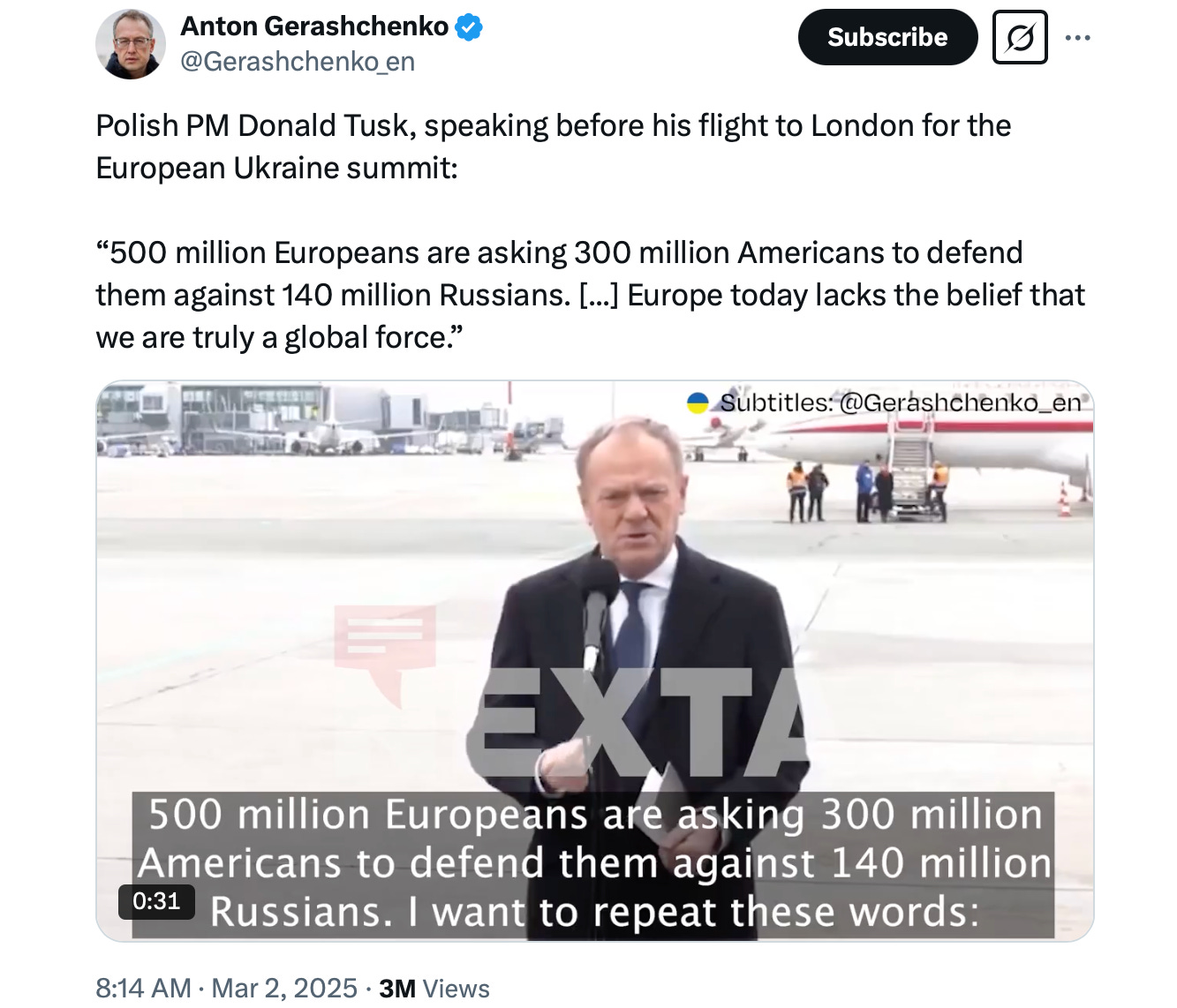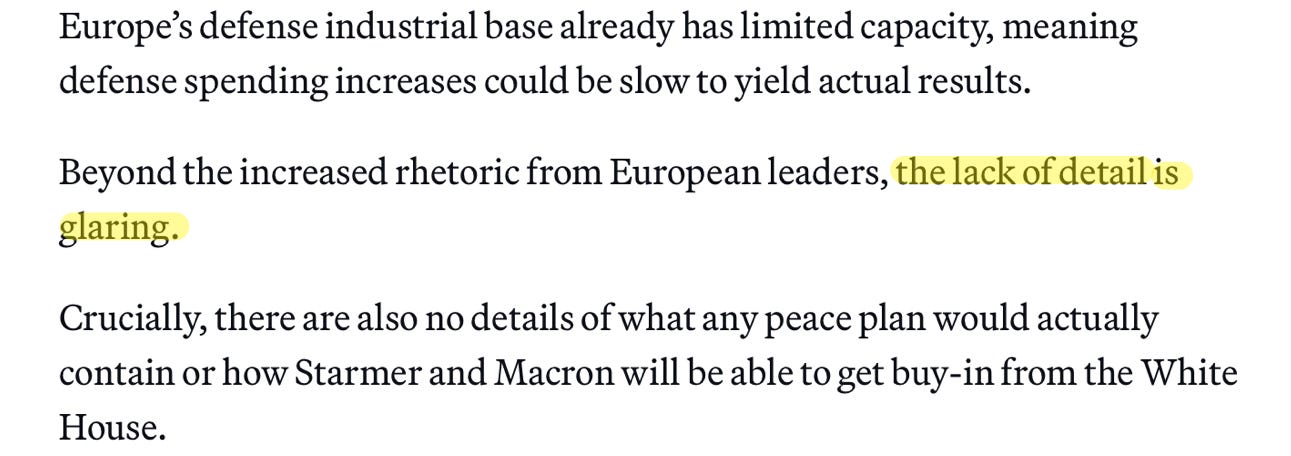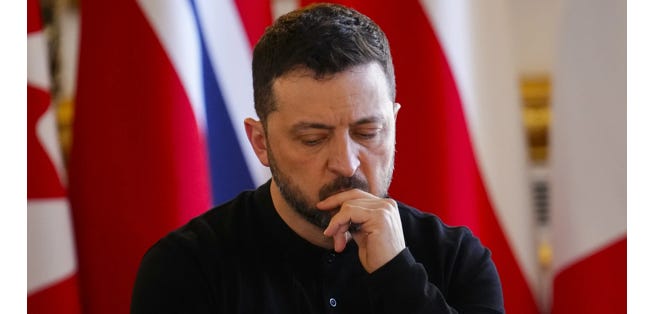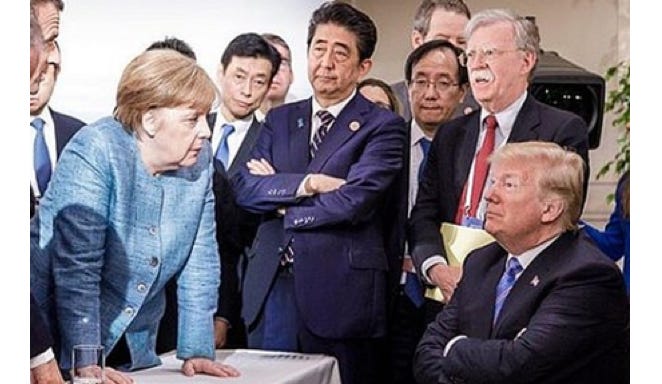What Germany Won’t Admit About Nord Stream – And Why It Matters
The explosion that shattered the Nord Stream pipelines in September 2022 was more than an act of economic and geopolitical warfare—it was a test of Germany’s sovereignty, one that Berlin has failed spectacularly. The silence emanating from the German government in the aftermath of what was undeniably an attack on critical infrastructure is more revealing than any words Chancellor Olaf Scholz might have uttered. Despite mounting evidence pointing toward a pro-Ukrainian operation, and amid revelations that some Western intelligence services were at the very least aware of an impending attack, Germany has chosen not only to suppress discussion but to actively obstruct its own legislators from inquiring too deeply. Why? Because the truth, if fully acknowledged and publicly confronted, could fracture NATO unity, shake European support for Ukraine, and reveal Germany’s troubling status as a nation unable—or unwilling—to assert its own interests when they conflict with the broader objectives of the transatlantic alliance.
When the Nord Stream pipelines were sabotaged, it was immediately clear that this was no accident. The explosions were deliberate, sophisticated, and executed in a manner that suggested the involvement of a state or state-backed actors. The Western response was predictable: initial speculation blamed Russia, despite the glaring contradiction in logic—why would Moscow destroy its own multi-billion-dollar infrastructure when it could simply turn off the taps at will? Yet, as investigations progressed, the Russian culprit theory collapsed under its own absurdity. Instead, intelligence leaks, investigative journalism, and forensic findings began to reveal a different picture—one implicating a group with ties to Ukraine, possibly operating with tacit approval or at least foreknowledge from NATO-aligned powers.
What makes Germany’s reaction so remarkable is that Berlin did not react at all. Rather than treating the attack as a direct assault on its energy infrastructure, the German government chose to look away. When journalists uncovered that a yacht, allegedly rented by individuals with Ukrainian ties, was likely used in the operation, Berlin did not demand answers. When leaked U.S. intelligence suggested that the Biden administration had prior knowledge of a Ukrainian plan to sabotage the pipeline, Germany made no effort to press its allies for clarity. And when German legislators began raising questions, they were met not with transparency, but with obstruction.
A telling moment came when Bundestag representatives requested government updates on the investigation. Rather than offering even a vague commitment to uncovering the truth, Berlin invoked "state welfare considerations"—effectively signaling that whatever it knew was too politically sensitive to disclose. This was not an isolated event. Time and again, attempts to force a public reckoning on Nord Stream have been stymied. The government’s refusal to provide substantive answers suggests not ignorance, but a deliberate choice: silence was preferable to the consequences of exposing an uncomfortable truth.
The implications of this silence are profound. If it were conclusively demonstrated that a NATO-aligned actor or Ukraine—a country Germany has bankrolled with military and financial aid—was behind the attack, it would demand a response. It would force Berlin to either hold an ally accountable or reveal itself as a nation so captive to external pressures that it cannot act in its own defense. Either path would have dire consequences. A break with the U.S. and NATO over the attack would be politically and diplomatically catastrophic. But to do nothing—to suppress discussion, to avoid investigation, to pretend the attack was either unsolvable or unimportant—exposes Germany’s subordination within the Western alliance.
Berlin’s willingness to endure economic hardship in the name of geopolitical discipline is nothing new. The decision to sever ties with Russian energy and embrace more expensive alternatives was not made in a vacuum—it was a consequence of Germany’s post-WWII strategic posture, one in which economic imperatives are frequently sacrificed for political conformity within the U.S.-led order. The Nord Stream sabotage accelerated this process. With the pipelines effectively destroyed, Germany had no option but to deepen its reliance on American LNG and other energy sources favored by its NATO partners. The economic fallout was significant—Germany’s manufacturing sector, long dependent on cheap Russian gas, saw major contractions as energy costs soared. Yet, rather than treating the destruction of Nord Stream as an act requiring redress, Germany absorbed the blow without protest.
The broader question raised by this episode is whether Germany is, in any meaningful sense, a fully sovereign nation. Legally, of course, it is. But the behavior of its government in the wake of the Nord Stream sabotage suggests that Berlin operates within constraints that far exceed those of typical alliance politics. A truly sovereign nation, when confronted with an attack on its infrastructure, would investigate openly, demand accountability, and take action to defend its interests. Germany, by contrast, has done none of these things. Instead, it has chosen the path of quiet acquiescence, prioritizing the cohesion of the Western alliance over its own national integrity.
This is not simply about Nord Stream. It is about a pattern of behavior that has defined Germany’s role in global affairs for decades. Since the end of World War II, Germany has embedded itself within multilateral institutions that limit its ability to act independently. The country’s military posture is dictated by NATO; its foreign policy is deeply interwoven with the interests of the European Union; its intelligence capabilities are heavily reliant on cooperation with the United States. This is not accidental—it was by design. Germany, as a reconstructed power, was meant to be a European leader in economy and diplomacy, but not a global force in hard power or independent strategic action.
Yet the Nord Stream affair reveals the costs of this arrangement. When sovereignty is subordinated to alliance management, a nation loses the ability to defend itself even in the face of direct aggression. The German government’s refusal to treat the pipeline sabotage as an act requiring a firm response shows just how deeply ingrained these constraints have become. For Berlin, the priority was never to uncover the truth, but to avoid the consequences of the truth being exposed.
For now, this strategy has worked. The Western alliance remains intact, support for Ukraine continues, and Germany has managed to sidestep a scandal that could have forced painful reckonings. But this silence comes at a price. The German people are being asked to accept a version of events that is, at best, incomplete, and at worst, deliberately misleading. Trust in government erodes when leaders refuse to provide clear answers on matters of national security. And the longer Berlin continues to suppress discussion on Nord Stream, the more it validates the suspicion that Germany is, at its core, not a fully independent actor on the world stage, but a nation operating under constraints it dares not name.











